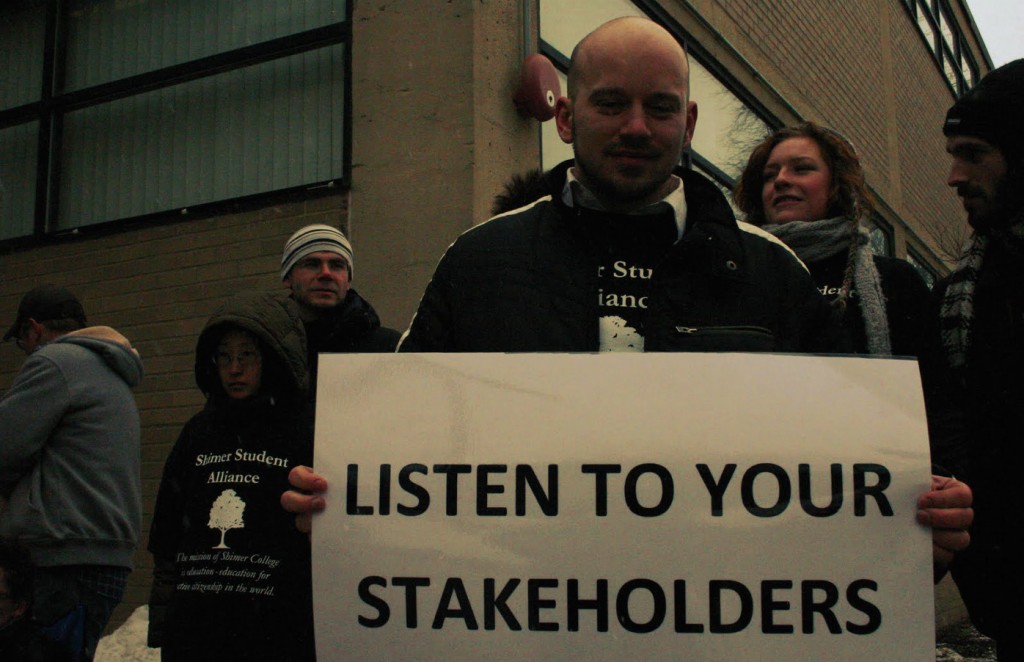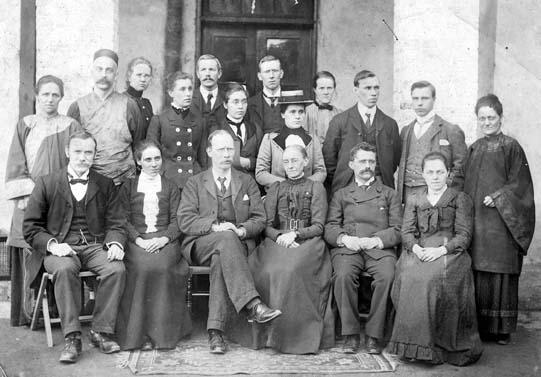Richard Turnbull: We must be stewards of the environment
(This is an adaptation of a speech given at the Institute of Economic Affairs – For more information about the event please click here) Christianity, politics the poor and the planet – what should the Christian attitude and response to these issues be? I want to reflect on two things; the Christian responsibility for the environment...











